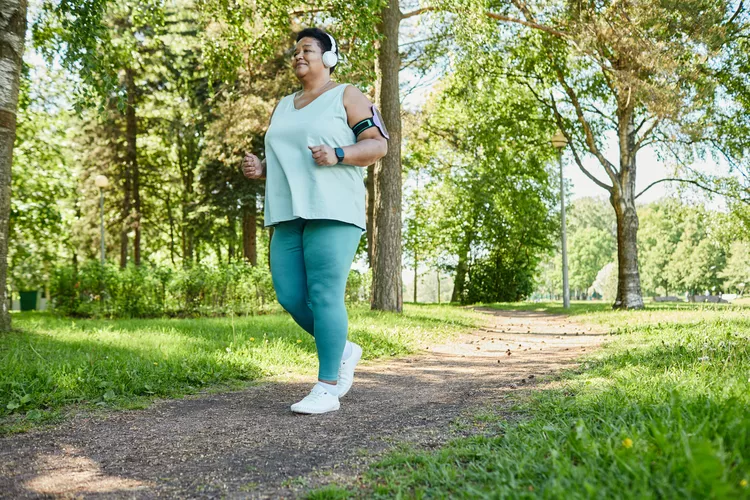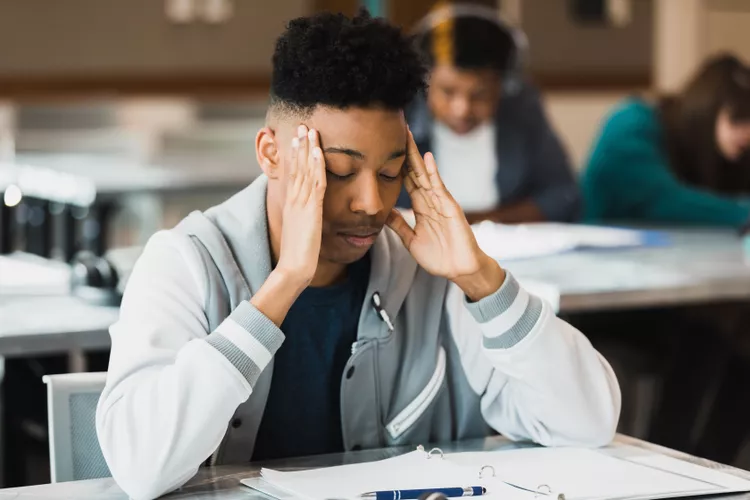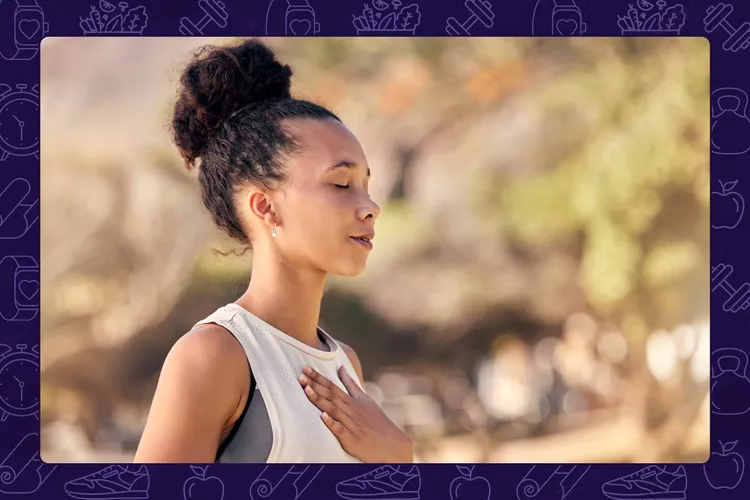SEXUAL ANXIETY: WHAT IT IS AND HOW TO MANAGE IT
Anxiety can affect every aspect of life, including sexual relationships. Sexual anxiety refers to overwhelming feelings of fear, nervousness, or unease related to sexual activity, which can disrupt connection, pleasure, and intimacy.
While some nervousness around sex is normal, persistent anxiety can harm both individual well-being and relationships. Recognizing sexual anxiety and addressing it early is important for emotional and sexual health.
What Is Anxiety?
Anxiety is a natural response to stress but can become a chronic (long-term) issue. It often brings feelings of fear, restlessness, tension, and intrusive thoughts that interfere with daily activities and enjoyment.
What Is Sexual Anxiety?
Sexual anxiety occurs when worries and fears impact sexual experiences. Research shows that about 25% of men and 16% of women experience some form of sexual anxiety. It can affect any stage of sexual activity, including desire, arousal, and orgasm. People may avoid certain sexual activities or feel stressed about being caught during intimacy.
Symptoms of Sexual Anxiety
Common signs of sexual anxiety include:
-
Rapid or pounding heartbeat
-
Difficulty maintaining an erection
-
Trouble becoming aroused
-
Dizziness or lightheadedness
-
Painful intercourse
-
Shortness of breath
-
Sweating during intimacy
Causes of Sexual Anxiety
Sexual anxiety can arise from multiple factors:
-
Negative self-image or body insecurity
-
Fear of poor sexual performance
-
Traumatic sexual experiences
-
Exposure to unrealistic sexual expectations from pornography
-
General anxiety or stress
-
Side effects from certain medications, such as antidepressants
How Sexual Anxiety Impacts Your Life
Decreased Confidence
Self-consciousness about body image or performance can distract from sexual connection, making it harder to enjoy intimacy.
Difficulty Achieving Orgasm
Persistent worry can interfere with sexual arousal and reduce the ability to reach orgasm.
Avoidance of Intimacy
Sexual anxiety may lead to withdrawing from physical closeness, especially after traumatic experiences.
Lower Libido
High stress and anxious thoughts can significantly reduce sexual desire. Certain anxiety medications can also lower libido.
Reduced Communication
Anxiety can make it harder to discuss sexual needs and concerns with a partner, creating misunderstandings and emotional distance.
How to Cope With Sexual Anxiety
Here are some strategies that can help manage sexual anxiety:
-
Communicate Openly: Honest conversations with your partner can relieve pressure and build trust.
-
Practice Mindfulness: Focus on sensations and experiences in the moment rather than on fears or expectations.
-
Challenge Negative Thoughts: Replace critical self-talk with positive, affirming statements.
-
Use Relaxation Techniques: Deep breathing, meditation, and yoga can help calm the mind before and during sexual activity.
-
Seek Professional Help: A therapist specializing in sexual health can offer personalized support and coping strategies.
Supporting a Partner With Sexual Anxiety
If your partner struggles with sexual anxiety:
-
Be patient and avoid pressuring them.
-
Encourage open communication.
-
Focus on intimacy and connection rather than performance.
-
Celebrate small steps toward comfort and confidence.
Quick Summary
Sexual anxiety is common but manageable. Recognizing its signs and taking proactive steps—through communication, mindfulness, and therapy—can help improve sexual health and strengthen relationships. If sexual anxiety is affecting your life, reaching out for professional support can make a meaningful difference.
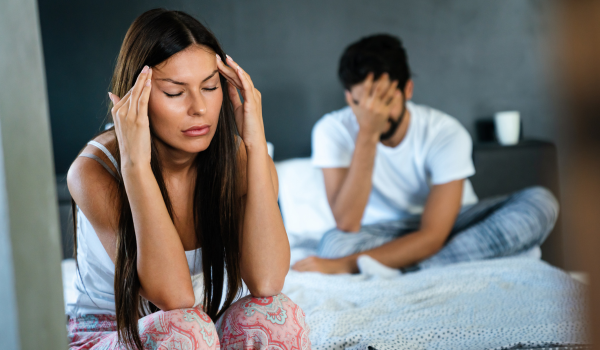

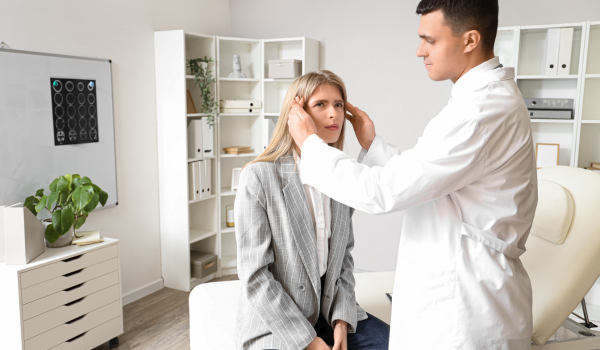
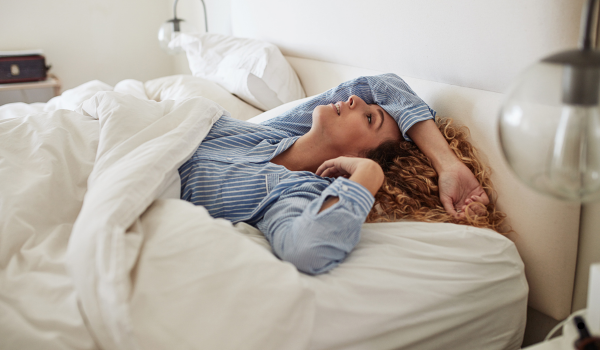

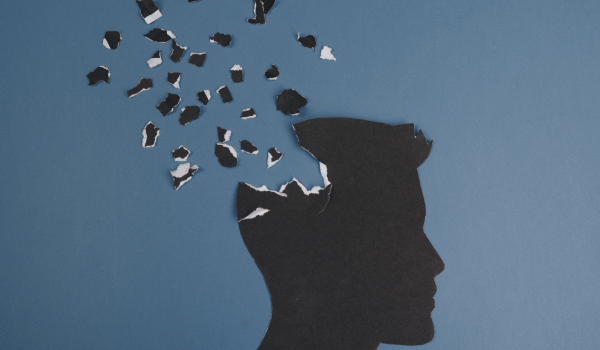
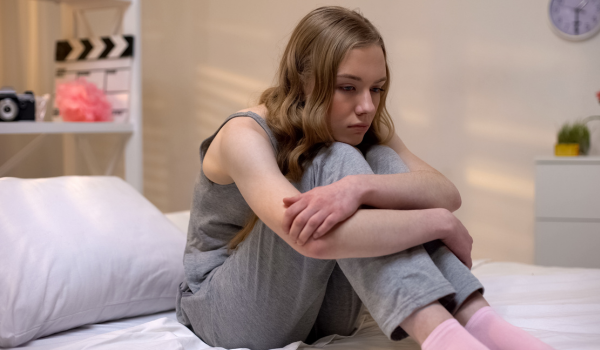



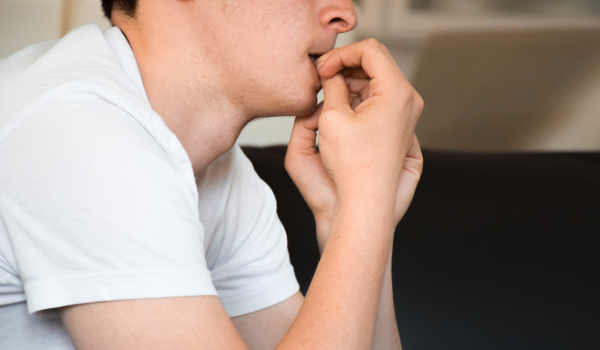
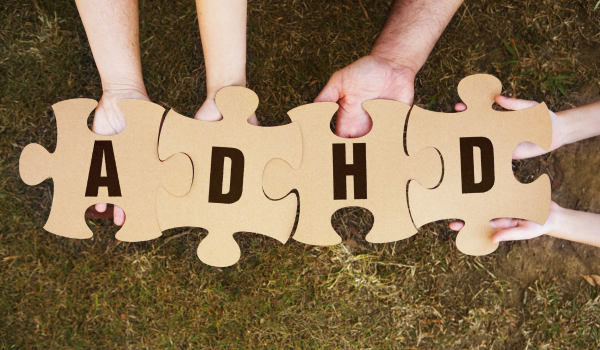
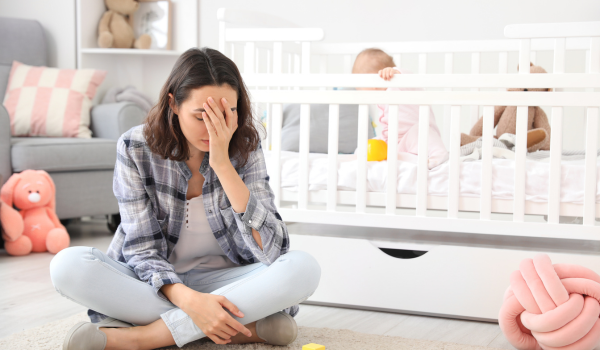


.png)
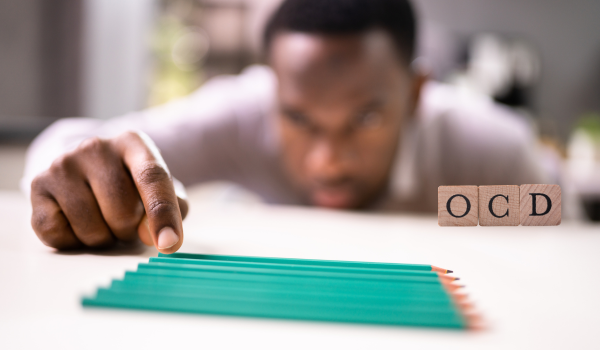


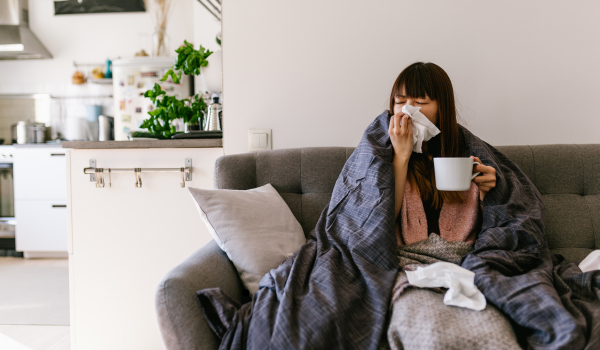
.png)


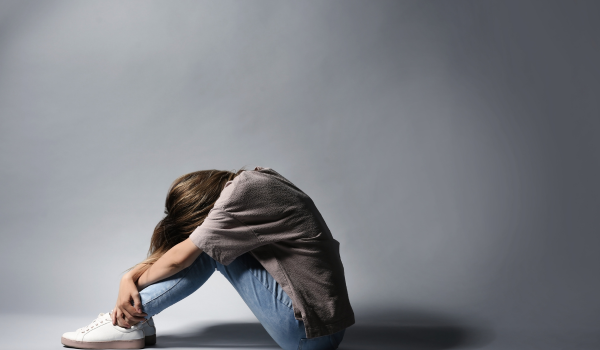
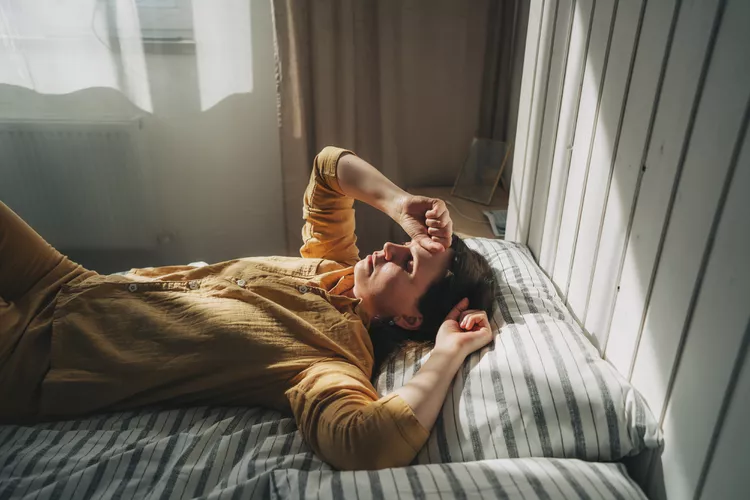
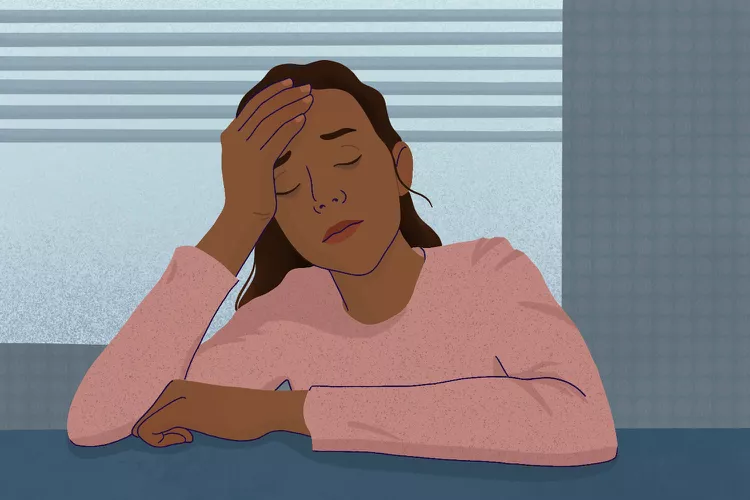
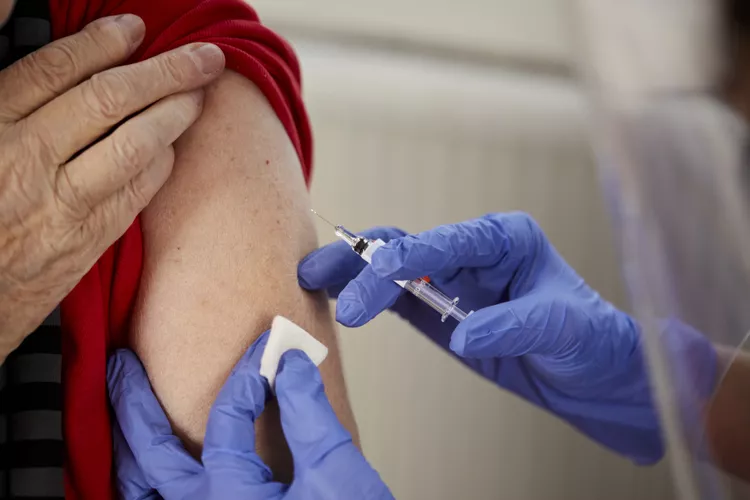
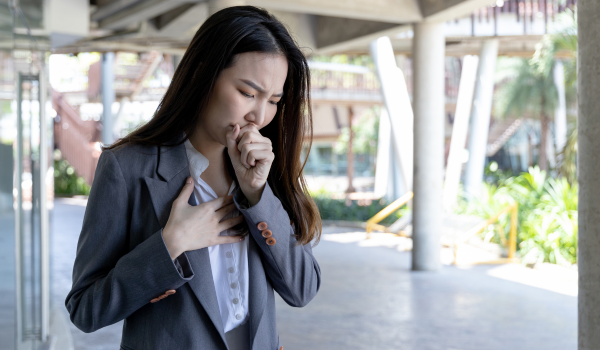
.webp)
.webp)


.png)
